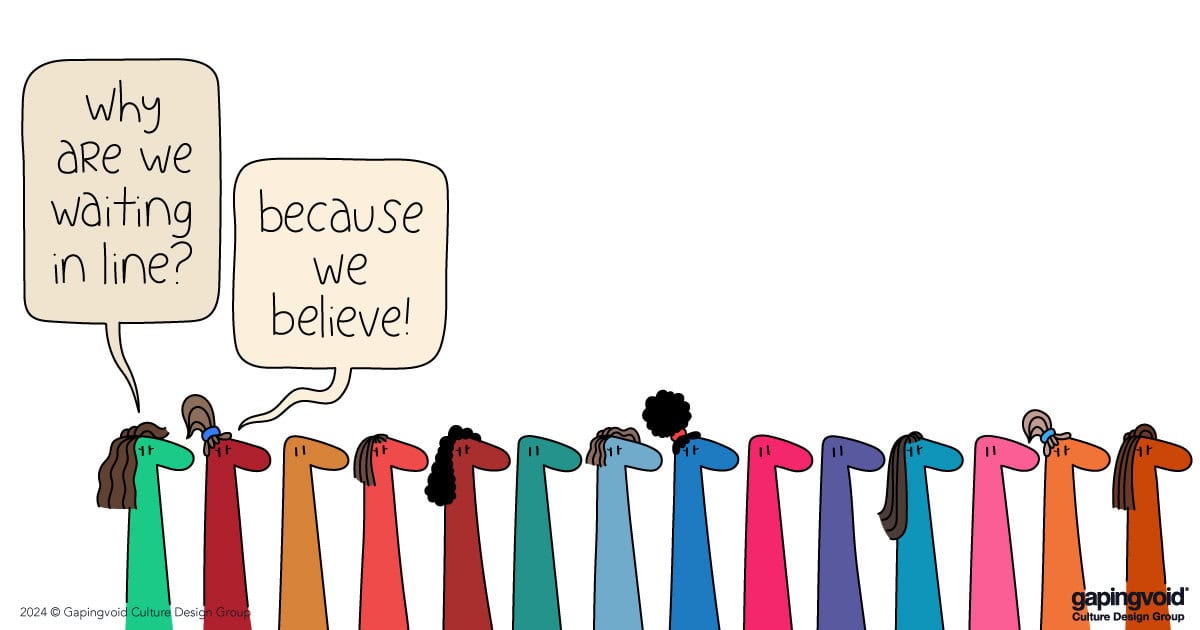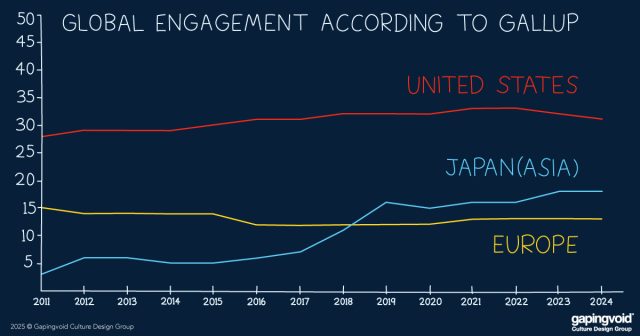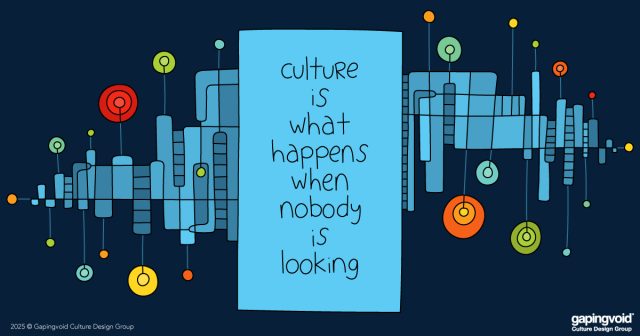
If traditional economic theory was correct, price UP would equal demand DOWN, all the time, in every case, for every product.
And, often, that’s what happens. But sometimes it doesn’t, and the reverse happens.
The thing about traditional economics is that it presumes we are all rational actors. And that, in and of itself, is a pretty irrational assumption.
We are anything but fully rational agents. Layered on top of our rationality is a complex world of biases, instincts, heuristics, snap-judgements, and other “squishy” psychological stuff that traditional economics ignores.
For example, if the objective is signaling status and money is no object, a higher price equals a stronger status signal which equals higher demand. As Charlie Munger said in his “Psychology of Human Misjudgement” speech, “ buyers who pay high prices often gain extra status from thus demonstrating both their good taste and their ability to pay.”
Consider handbags – Hermès Birkin handbags, to be exact. Not only are these bags notoriously pricey (sometimes going for over $100,000) but they are very materially scarce. I.e., even if you can afford one, it’s still hard to get one. This scarcity keeps demand and prices high. And it has even caused some consumers to file an antitrust lawsuit against Hermès for artificially restricting supply.
But it’s not the inherent scarcity that’s interesting. It’s about the social interaction that happens around the bag. It has its own cult community, with its own codes, language and cues that separate insiders from outsiders. As it said over in the Hustle recently:
“Like any subculture, the online Hermès fan community has developed its own language. “SA” is shorthand for sales associate. A ‘quota bag’ means a Birkin, a Kelly, or, in some regions, a Constance, bags limited by the boutiques to one or two offers a year per devoted client. A trip to an Hermès boutique isn’t shopping; it’s part of a “‘Hermès journey.’”
In other words, they’re deeply invested in playing the Hermès game not because they need a bag but because what matters is that they’re allowed to pay the game in the first place… signaling to the other players (and the world at large, if anyone happens to be paying attention) that they’re one of “THEM.”
As we’ve written before, economic value isn’t always inherent in the object itself. Often, it’s in us – in our perceptions, which are anything but 100% rational.
Case in point, Tesla did not take a page from Hermès playbook and made a blunder in the arena of public perception by producing more cars than it could sell. Resulting in rented parking lots full of unsold Tesla cars. That sends two bad signals that deteriorate the perception of value: a signal that these cars *aren’t* scarce, and a signal that other people *don’t* desire them. The scarcity effect and the social proof effect are diminished, and as a result, so is the perception of value.
For the businesses and brands that understand it, the world of psychology is a world of opportunity.




Morning, interestingly i am using the above as a wallpaper linked to the national elections we are having next week. I crucial one for South Africans. So using it in a completely different context, but so relevant